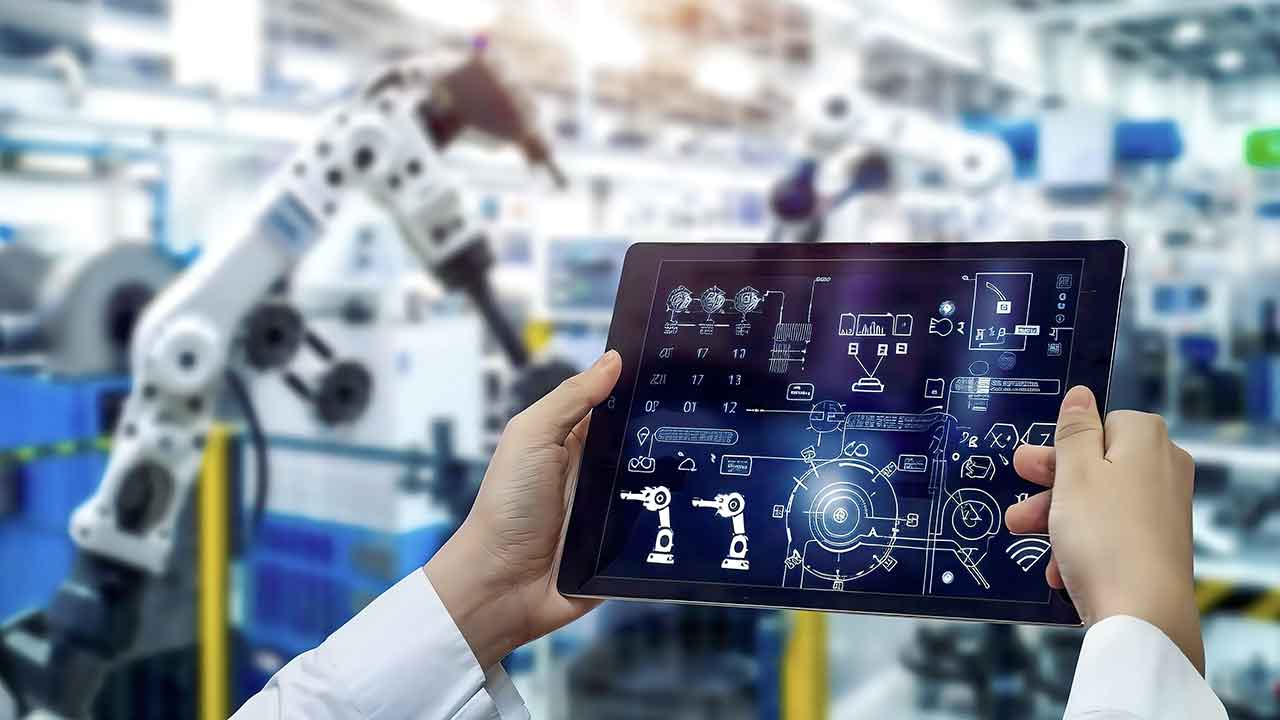[E-book] From Factories to Satellites: Transforming Industries with Edge Computing and InfluxDB | SPONSORED
In an age where software’s efficiency, reliability, and user experience are paramount, businesses are increasingly turning to edge computing as a solution. This innovative approach, projected to see 75% of data created and processed outside traditional data centers by 2025, is set to transform industries from logistics to healthcare, potentially unlocking $200 billion in hardware value.
By decentralizing data processing closer to where it’s generated, Edge computing promises enhanced performance, reduced costs, and better user experiences.
Edge computing’s definition varies by application; depending on the business context, it could mean factory sensors, regional data centers, or even a user’s smartphone. It’s powering machine learning and AI advancements by enabling models to run directly on devices, improving IoT efficiency in industrial settings, and enhancing application development with reduced latency and bandwidth savings.
The benefits of edge computing include significant cost savings by minimizing data transmission expenses, improved user experiences through reduced latency and offline functionality, enhanced security by localizing data processing, and bolstered user privacy. However, adopting edge computing comes with challenges, such as balancing cloud and edge processing, the complexity of distributed systems, and managing the increased volume of data generated.
InfluxDB emerges as a critical player in this ecosystem, offering solutions tailored for edge computing challenges, especially where time series data is involved. Case studies from AnalyticsPlus and Prescient Devices highlight InfluxDB’s ability to bring cloud-like functionality to the edge, enabling real-time analysis and seamless IT and Operational Technology integration. Moreover, Loft Orbital’s use of InfluxDB for managing satellite telemetry data showcases the platform’s capability in extreme edge computing scenarios.
AnalyticsPlus has revolutionized the inspection process for engine parts, shifting from a manual inspection rate of just 1% to an automated, real-time testing rate of 100% using machine learning models deployed at the edge. Meanwhile, Loft Orbital employs InfluxDB to manage telemetry data for satellites, processing approximately 1 million metrics per minute, exemplifying InfluxDB’s scalability and efficiency in extreme edge computing scenarios.
By reading the “Edge Computing and Data Replication with InfluxDB” e-book, manufacturers will learn about the transformative potential of edge computing, the pivotal role of InfluxDB in managing edge data, and practical insights from real-world applications. Whether enhancing industrial automation, predictive maintenance, or navigating the complexities of data replication, InfluxDB’s solutions allow businesses to harness the benefits of edge computing efficiently.



